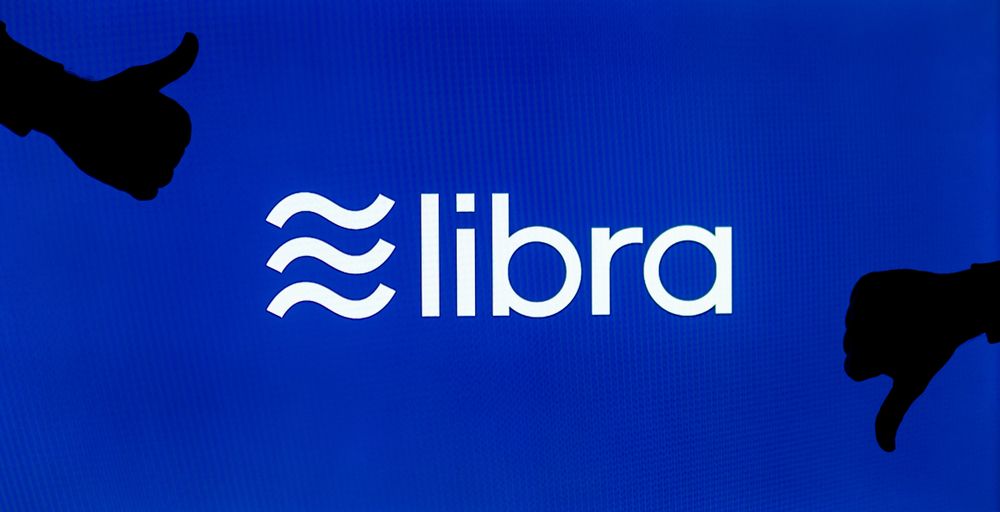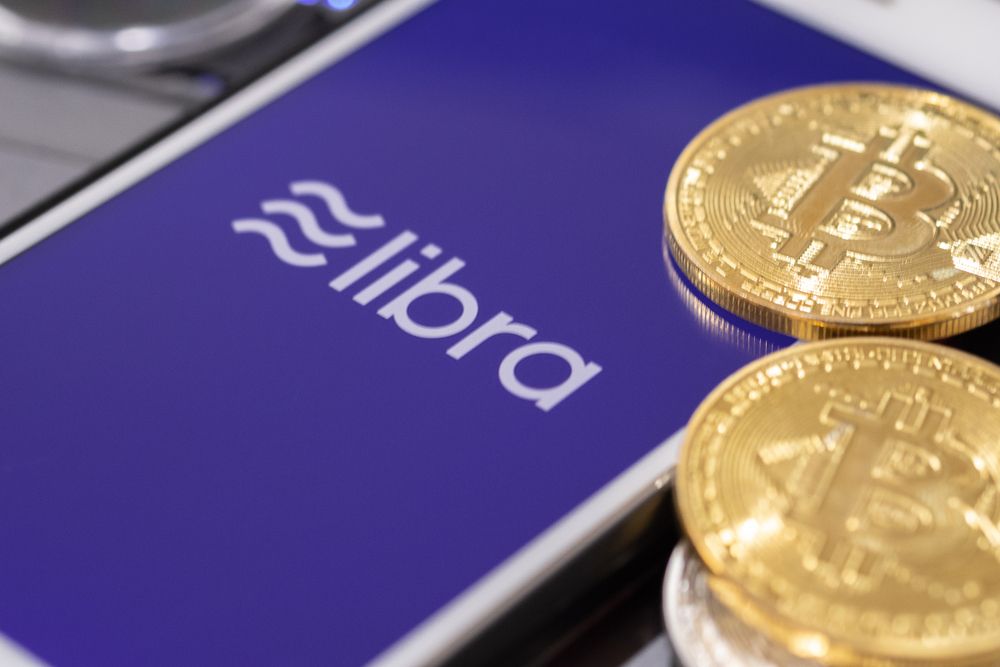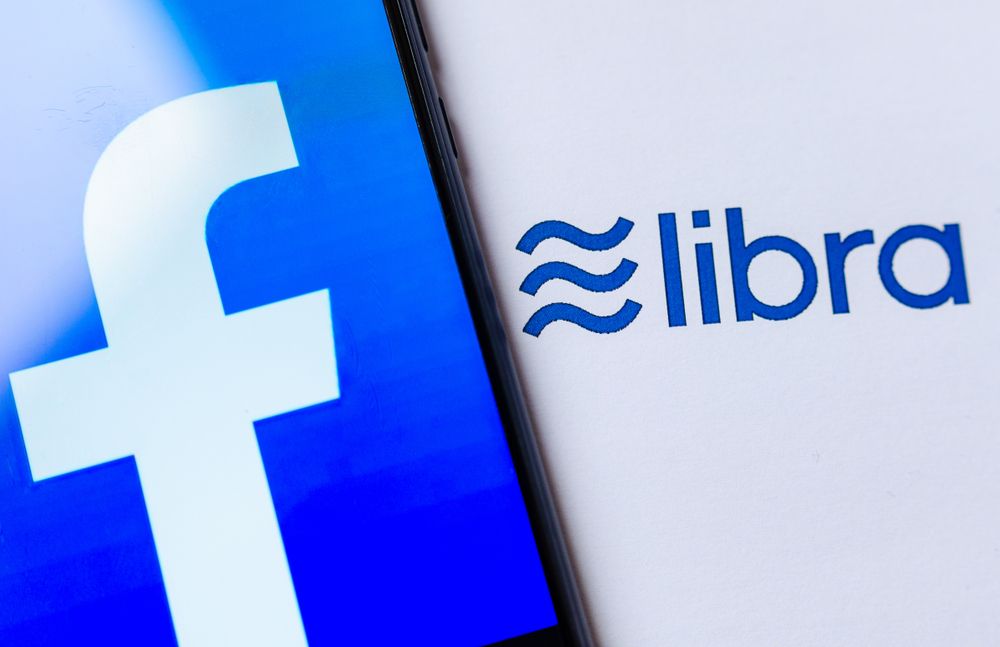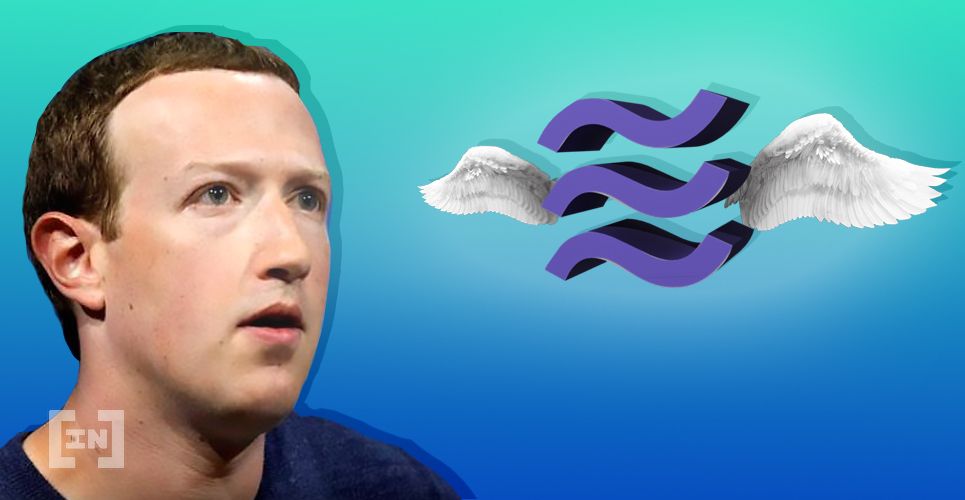A few hours ago, Facebook CEO Mark Zuckerberg testified before Congress to answer politicians’ questions about the controversial Libra project. This would be the third time that regulators have met with Facebook, but on previous occasions spoke to Libra project lead, David Marcus.
The audience went on for almost 6 hours and the distrust of the regulators was clear — although the lack of knowledge of many legislators was also evident. Here we present a brief (it was a six-hour hearing!) summary with the most important points raised by each representative and Zuckerberg’s reaction to each one of them.

Rep. Waters
In the opening statement, Rep Waters said she appreciated Facebook’s innovativeness but didn’t trust the company. Waters asked Zuckerberg why he had an anti-crypto advertising stance before, but now had changed his mind. He explained that he was using blockchain technology to create a product that solves a global problem. Then, Waters asked if Facebook checks the facts that are presented in the ads, to which Zuckerberg implied that it does not.Rep. McHenry
McHenry asked if Zuckerberg’s vision about China had changed over time, to which Zuckerberg replied yes. It had evolved, and China no longer represents the same business opportunity he envisioned a decade ago. Then, Zuckerberg was asked why the Libra Association chose to base itself on Switzerland rather than the United States. To which he responded that it was a country where most global institutions existed, although he assured the group that Facebook would not launch their product unless they had the approval of the United States.Rep. Maloney
Maloney asked which regulators Zuckerberg was going to take into account to launch Libra as there is a long list of organizations involved. Zuckerberg replied that he hoped to meet all of them. She asked how Facebook was hoping to launch a legal and private cryptocurrency. Zuckerberg explained that his Calibra wallet would meet the KYC and AML requirements set by the regulators.Rep. Wagner
Wagner argued that the founding members who walked out did so because Libra is a risky play. She then explained that more than 16 million of 18 million reports of sexual crimes against children are on Facebook. Wagner used this example to criticize his decision to encrypt messages. Zuck responded that the number of reports is so high because Facebook does a better job of finding those crimes.Rep. Velasquez
Velasquez recalled that Facebook once promised not to mix WhatsApp data with its native data, and several months later, it did. Why should people trust they won’t do the same with Libra? Zuckerberg could not answer this question. She said that for a long time, Facebook’s slogan was ‘move fast and break things’ and emphasized that they did not want to break the global financial system. She asked Zuckerberg if he was committed to stopping the advance of Libra until Congress launched a regulatory framework. His answer was taken as negative.
Rep. Lucas
Lucas asked if the mistrust in banks will be a hurdle for Libra. Zuckerberg replied that people trust Facebook to share content, so there should be no problem with Libra. However, he clarified that the Libra Association would be independent to gain the public’s trust. Zuckerberg added that Facebook would soon announce a partnership to launch a curated news platform.Rep. Meeks
Meeks shared his doubts about Facebook’s intentions to serve the unbanked since those that are banked have customer protection policies established by regulatory bodies. Meeks also emphasized the need to study how to proceed against predatory financial organizations that seek to do business with the poor.Rep. Sherman
Sherman quoted Trump’s words about how crypto can promote criminal activity. He explained that crypto will either won’t work and investors have to bite the bullet. or will work and displace the USD and lose the power they have over the financial system. He accused Zuckerberg of trying to create “powerful burglary tools” and warned that he would be at fault if something went wrong and would not be able to hide behind an independent association.Rep. Luetkemeyer
Luetkemeyer asked if Libra would be able to innovate and change the architecture of the project to adapt to the requirements of the regulators. Zuckerberg answered, yes. Luetkemeyer asked Zuckerberg whether he could stop Libra. He responded that he could stop Facebook’s participation but not the Association’s efforts. He also asked if Libra will harm the dollar. Zuckerberg replied it shouldn’t as most of the support will be in dollars.
Rep. Clay
Clay asked if Facebook was willing to comply with any subpoena the Congress deems necessary. Zuckerberg replied that if it were a valid subpoena, he would gladly meet those requirements.Rep. Huizenga
Huizenga was curious to know what share of Libra Facebook will own. Zuckerberg replied that Libra is a non-profit organization, and would have one vote just like any other member. Huizenga asked if Zuckerberg had spoken to Swiss regulators, which Zuckerberg confirmed. Huizenga then asked why Libra chose Switzerland and not the U.S. Zuckerberg responded by adding that if Libra decides to launch without U.S. approval, Facebook would be forced to leave the Association.Rep. Stivers
Stivers pointed out that no innovation will be perfect. He asked why Libra didn’t choose a traditional fiat currency instead of creating private money. Zuckerberg explained that Libra is not a currency but a payment system. He added that because of its global nature, a basket of currencies was more convenient. Stivers again asked Zuckerberg to consider a different approach where they build a global payment system without creating a private currency.Rep. Green
Green asked if the Libra Association will oversee Libra. Zuckerberg nodded. Then he asked how many were women, minorities, or LGBT. Zuckerberg answered that he didn’t know. Green asked if members had already paid the $10 million entry fee. Zuckerberg again replied that he didn’t know.
Rep. Cleaver
In this interaction, Mark explained that Libra Association will internally assess risks, but they are working with regulators. He explained that Libra will be backed 1:1 and will not create tokens out of anything like the fractional reserve does.Rep. Perlmutter
Perlmutter asked Zuckerberg to clarify whether Facebook will “seek” or “wait for” U.S. approval. Mark explained that he meant the last term. That is, they would not launch any product unless they had the required approval. Perlmutter also asked if Libra is money. Zuckerberg replied that Libra is a payment system.Rep. Williams
Williams asked why the private sector was better than the Federal Reserve for what Facebook wanted to do. Zuckerberg explained that companies were innovating and creating solutions while the traditional system was stagnant. He added that China would be Libra’s main competitor and would be about to launch its product in the coming months.Rep. Hill
Hill asked Zuckerberg if he agreed with the G7 report that said no stablecoin should launch without regulatory approval and oversight. He replied that he had not read the entire report but acknowledged that it was a “sensitive” issue and assured Congress that Libra would work with the regulators. Hill then asked, “Why not a digital dollar instead of Libra?” Zuckerberg explained that the community is divided, but it seems more straightforward to create a currency backed by several fiat currencies because of its global nature.
Rep. Foster
Foster asked if Libra will be untraceable. Zuckerberg answered that it was an open question, but a privacy-oriented product could be built on Libra even if Calibra is not a privacy-oriented wallet. Foster then asked under what conditions the transactions could be reversed. Zuckerberg explained that they didn’t have that issue completely clear yet.Rep. Loudermilk
Loudermilk asked if Libra could become systemically important to which Zuckerberg replied that was a possibility should Libra succeed, but it would take time.Rep. Davidson
Davidson explained that it would be essential to know whether Libra would be centralized or decentralized, as this would be key in determining whether the product was a security or not.Rep. Vargas
During his right to speak, Zuckerberg clarified that they were building a system that would enforce U.S. sanctions. Vargas then asked, again, “Why Switzerland?” Zuckerberg responded, again, that the Association’s global reach made it convenient for its headquarters to be in that country.
Rep. Budd
Budd explained that it is crucial to distinguish Libra from the rest of the cryptocurrencies since Libra is not ‘real crypto.’ He also stressed that it is alarming that all payment processors abandoned the initiative. This could hinder the creation of a proper compliance regime. Zuckerberg explained that there are interested payment processors and that David Marcus was a PayPal director, so they have the necessary experience.Rep. Gottheim
Gottheim asked if Libra will create measures to fight terrorism? Zuckerberg answered, “Yes.” Gottheim also asked Zuckerberg to consider establishing the Libra Association in the United States and not in Switzerland.Rep. Kustoff
Kustoff asked Zuckerberg how Facebook will profit from Libra and Calibra. Zuckerberg responded that they hope to boost their ads system, which works like an auction. If advertisers can reach more people and make more profit, the cost of ads will increase. Kustoff also asked Zuckerberg if he would consider moving to the U.S. Zuckerberg once again explained that he has no control over that since it is the responsibility of the Association.Rep. San Nicolás
San Nicolás asked another reiteration of the question about Libra choosing a basket of currencies and not just the dollar? Zuckerberg responded that this avoided volatility and made the global exchange easier. San Nicolás expressed his concern that a singular currency entering the system that creates value from a set of other currencies would not always be similar.
Rep. Gonzalez
Gonzalez asked whether Libra will transition to a permissionless state or not. Zuckerberg replied that that is the intention. Gonzalez was skeptical about this because it was very convenient for the Libra Association to control Libra and urged Zuckerberg to work on ways to decentralize the network.Rep. Rose
Rose asked Zuckerberg “What Will happen if someone hacks Libra?” Zuckerberg answered that, depending on where the vulnerability occurs, the necessary responsibilities would be established.Rep. Riggleman
Riggleman asked: “Will it be possible to tag the attributes of a transaction without violating users’ privacy to know if any criminal activity is taking place?” Zuckerberg said they would explore this possibility and are already working on AI programs to help law enforcement to prevent crime.Rep. Garcia
Garcia asked if Libra should be regulated as a bank? Zuckerberg replied “No.” He followed up by asking if Libra should be regulated by the SEC? Zuckerberg responded that this is the SEC’s decision. He then emphasized his support for the ‘Keep Big Tech Out of Finance Act‘ and expressed concerns that Facebook had gained a dangerous amount of power.Conclusions
Analysts had mixed feelings about these hearings. Some said Zuckerberg was more secure and did a better job than David Marcus, but others said he was nervous and actually raised more doubts. The crypto markets seem to have reacted with nervousness as Bitcoin experience a sharp fall. However, given the circumstances, it seems that the whole audience could be “super summarized” with a short sentence by Rep. Patrick McHenry during his closing statements:“Frankly, I’m not sure that we’ve learned anything new here.”What are your thoughts on the Congress members’ questions and answers given by Zuckerberg? Tell us your thoughts in the comments below.
Did you know you can trade sign-up to trade Bitcoin and many leading altcoins with a multiplier of up to 100x on a safe and secure exchange with the lowest fees — with only an email address? Well, now you do! Click here to get started on StormGain!
Disclaimer
In adherence to the Trust Project guidelines, BeInCrypto is committed to unbiased, transparent reporting. This news article aims to provide accurate, timely information. However, readers are advised to verify facts independently and consult with a professional before making any decisions based on this content. Please note that our Terms and Conditions, Privacy Policy, and Disclaimers have been updated.

Jose Lanz
José Lanz is a Venezuelan lawyer, professor and writer with a background in economics, specializing in strategic planning. Lanz currently focuses on covering the world of cryptocurrencies, fintech and blockchain technologies. His work has appeared in several English-language publications. Before getting fully involved in this world, he used to write for several local Spanish-language publications on a variety of topics. Also, Lanz is a strong believer that chocolate is better than coffee.
José Lanz is a Venezuelan lawyer, professor and writer with a background in economics, specializing in strategic planning. Lanz currently focuses on covering the world of cryptocurrencies, fintech and blockchain technologies. His work has appeared in several English-language publications. Before getting fully involved in this world, he used to write for several local Spanish-language publications on a variety of topics. Also, Lanz is a strong believer that chocolate is better than coffee.
READ FULL BIO
Sponsored
Sponsored

